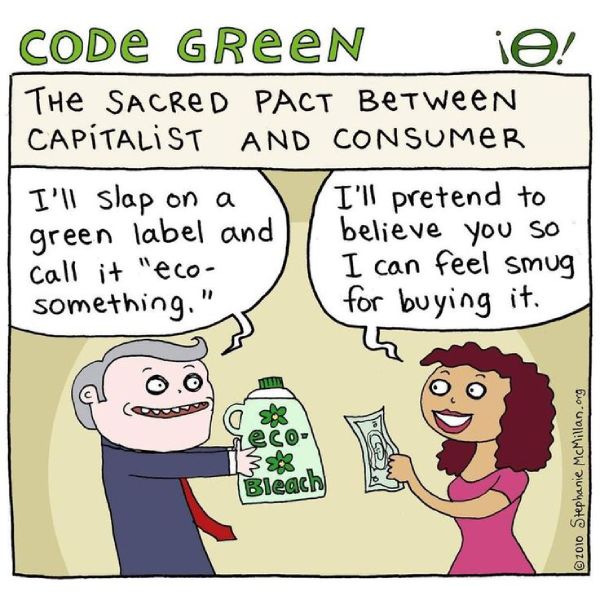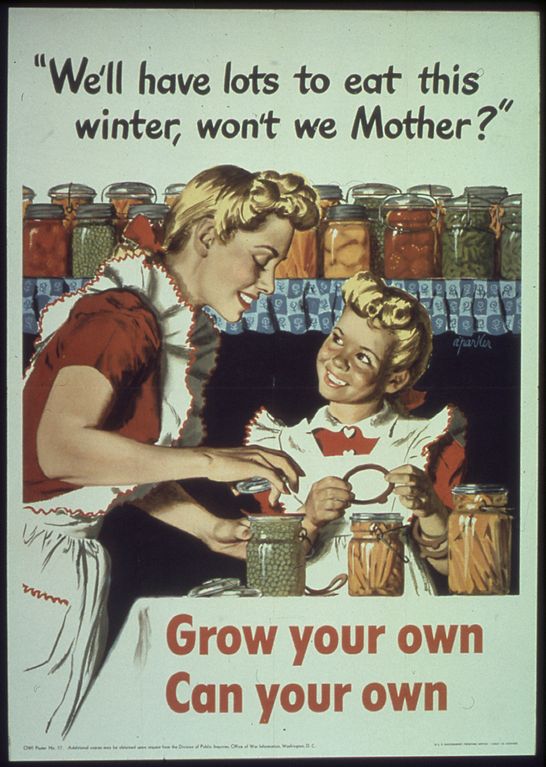I write about climate change all the time, but somehow never think about it. It’s like the prospect of my own death. It’s definitely going to happen, but not soon, so fuck it. All the horrors of the future are ultimately like the horrors of the past. Distant.
Where I live, Sri Lanka, it’s hotter than ever, but I still wake up in the morning and see the shade of the trees. And the AC still works. We ran out of fossil fuels last year, but the rations are holding out now. So we just carry on. As the awful R. Kelly sang “My mind is tellin’ me no, but my body, my body’s tellin’ me yes.”
Down here, in the South, people don’t actually talk about climate change much at all. That concern is really a luxury good, for people that have a future. I was in the Maldives — which is literally going underwater — and I felt honestly rude bringing it up (with Maldivians). I don’t understand why, but people kind of smile and look away. It’s literally someone else’s problem, while they have to deal with the problems of today. And I don’t want to press the point. Who am I to say?
The climate contradictions are glaring in the Maldives, where you can literally smell the diesel next to rising seas, but these contradictions are everywhere, just more obliquely. People in the West bury themselves behind screens and packaging, but their wastefulness is off the global charts. All of their concern about climate change is really just marketing to keep buying more (but different) things. As Michael Corleone said, ‘we are all part of the same hypocrisy’. The point people don’t want to acknowledge is that reducing waste isn’t a great mystery. The greatest curb on pollution is poverty.
When I was (briefly) in the UK, people make a big show about separating their waste, and then produce literal dumpsters full of it every week. Nicely sorted, I guess, but still obscene in quantity. Meanwhile Sri Lankans don’t separate, but we waste so much less to begin with. Waste is really a luxury, and mass recycling is largely a branding exercise to keep it all going. If you’re poor, you simply don’t have that much stuff to recycle in the first place. A lot of this ‘recycling’ gets dumped in poor countries anyways, as pure garbage. Rich people definitely don’t want to think about the best way to reduce waste, which is being poor. What westerners call ‘conscious consuming’ is really an exercise in cognitive dissonance. It’s delusion in the guise of ‘doing something’. And they’re quite obnoxiously proud of this.
When I was in the Maldives I heard about a guy who got an Order Of The British Empire for services to both tourism and sustainability. This is a complete oxymoron, wrapped in a war crime. There is no sustainable way to fly people on jumbo jets to the Maldives, but he’s getting awards for cosmetic bullshit like using glass bottles for water. Water which is probably desalinated using fossil fuels. And he’s getting this award from the British Empire no less. The rich don’t even think about the cognitive dissonance of their pious displays, they wear their hypocrisy proudly, as bells on their imperial uniforms. Indeed, they feel the need to ‘raise awareness’ among the poor, to literally lord it over them.
The people polluting the most talk about it the most and give themselves awards for who can be the most hypocritical. They talk about ‘raising awareness’ among the ignorant masses, but awareness is the opposite of what they’re doing. It reminds me of the European Middle Ages, when rich people would buy papal indulgences, to excuse their sins. These NFTs you could use in heaven became a complete fraud and God, presumably, was not fooled.
Today we are also trying to fool the older gods of climate with ‘reductions’ and ‘net-zero’ and assorted accounting tricks that do not work on physics. The capitalist processing of the trauma of climate collapse (using Mark Fisher’s logic) is all about reduction. This is something done on the unit level to keep you, in aggregate, buying more stuff. Packaging talks about how much ‘less bad’ something is but never the good of just not buying or producing it at all. I was looking at some giant piece of styrofoam (I forget for what purpose) and it said this was 20% better than the other foam. What the fuck does that even mean? If I choose something less bad, does that make it good? The whole message lets you just put the problem out of your mind, and continue doing it with your body. All of this reduction is still an increase if we keep doubling the economy every generation, as we’re doing. As Malcolm X said:
If you stick a knife in my back nine inches and pull it out six inches, there’s no progress. If you pull it all the way out that’s not progress. Progress is healing the wound that the blow made. And they haven’t even pulled the knife out much less heal the wound. They won’t even admit the knife is there.
Indeed, they just slap a bamboo handle on the knife and call it renewable. ‘Stabbing you 20% less than other knives!’ But still stabbing you. And not even beginning to heal the wound.
Again, I don’t have an answer for this. It’s literally an unexplainable part of my own mind. I’ll repeat Mike to say, “we’re both part of the same hypocrisy.” I am much more polluting than my fellow Sri Lankans, and make the most noise about it. I think the two things are, in fact, correlated. The more hot air you produce, the more comes out of your mouth.
Being rich means having more locomotion, more possessions, more travel, more resources. Our very idea of wealth is waste. You simply cannot square this behavior with less resource use, but you can change the packaging, read a book, and discuss it mournfully in cocktail conversations. And everybody else is part of the same hypocrisy, so nobody questions it. It’s a shared delusion. You can even jet in to give each other awards about it. The louder you ring the dissonant bell the less you can hear the creaking and burning all around.
I’ve spent a long time thinking about this only to get where modern thinkers were in the 1970s, indigenous people centuries ago, and the gods and sages forever. The Buddha said his path was renunciation, Jesus said to give up everything and follow him, Muhammad called for submission. But then we ask these same sages for help on exams, or to win a football game, because we fundamentally don’t like what they’re actually telling us. That this world is illusion, that it’s completely out of our control, and that whatever we do will just lead to suffering and death, so just give up (literally). We’re like “what if I wear this thing, or eat this food, or say these words?” We know what the answer is, we just cannot get it into our skulls. The knowledge of death is somehow like death itself. Unknowable.
Climate collapse is just death on a civilization level, and we have about the same reaction to it. Anything that tries to resist entropy and claim identity must die. I don’t know why, that’s just how it goes. The best evolution could come up was reproducing and starting over, but dying seems to be a necessary part of life. Climate collapse is thus just the collective experience of death. We are no more able to process this than we can process our own deaths. Our excuses are not really believable, but death is even more unbelievable, so we live in the illusion for as long as possible. We want to believe so bad that it actually works. For the time being, which is all the time us beings really have.
I wish I knew how I feel this way, but I don’t. I suspect that, deep down, I don’t want to know. All I have is a sound. The cognitive dissonance, ringing between my ears, like a memento mori inside a hollow skull. I know but I don’t know. I see but I don’t look. I think but I don’t think. The coming extinction is as real as my own death, and also as impossible. In my mind, I think about climate change all the time, but deep down, I don’t ‘mind’ at all.







